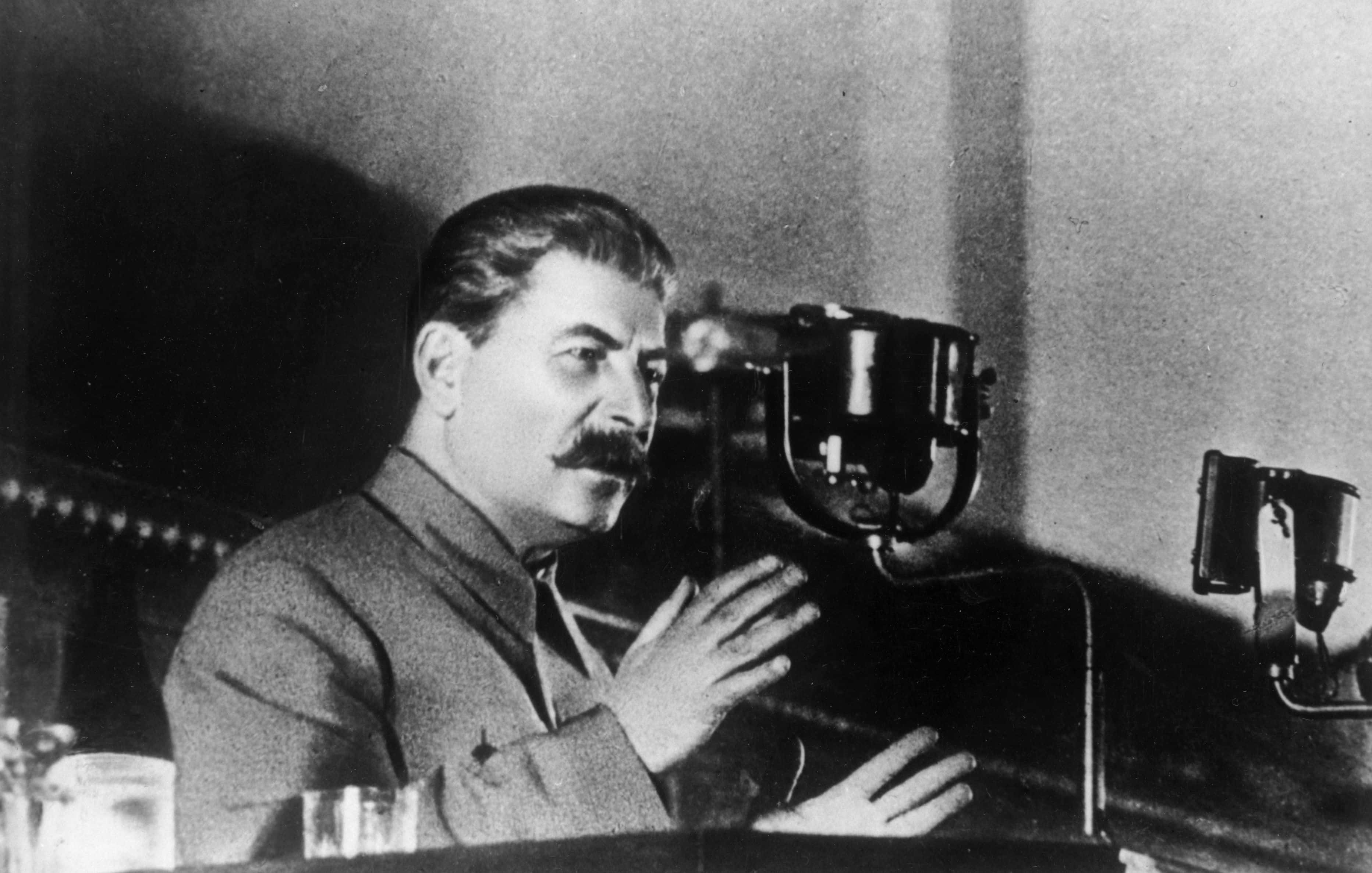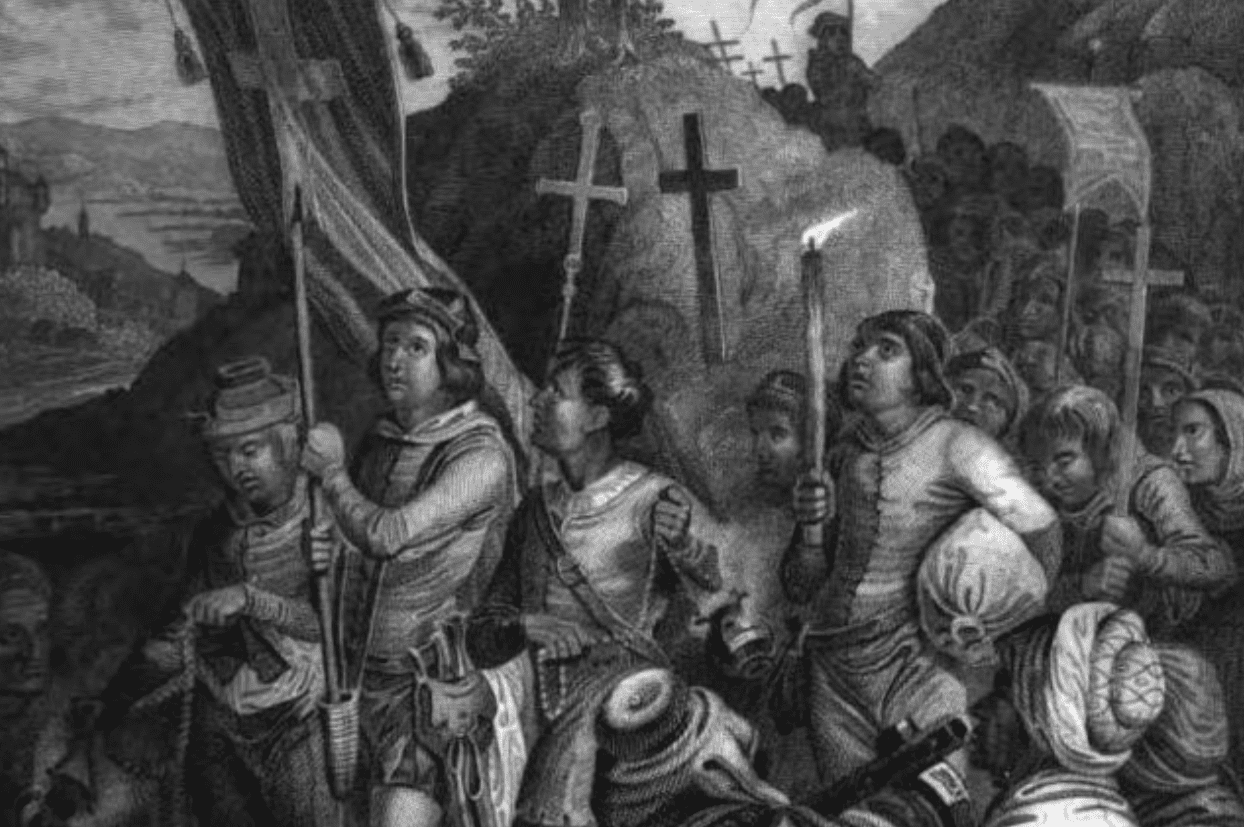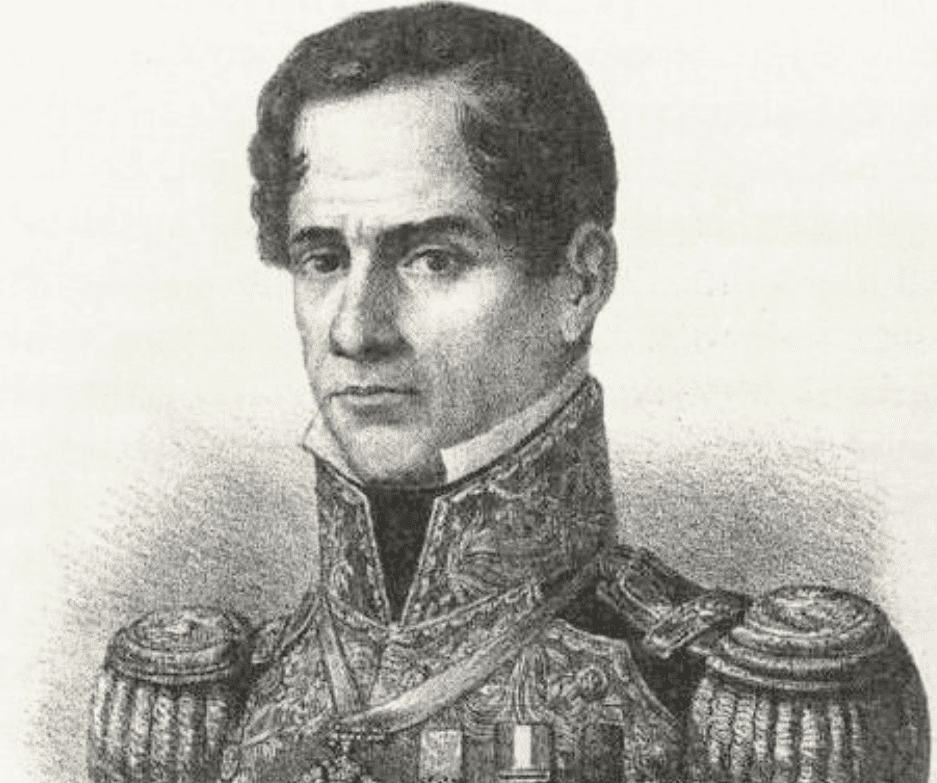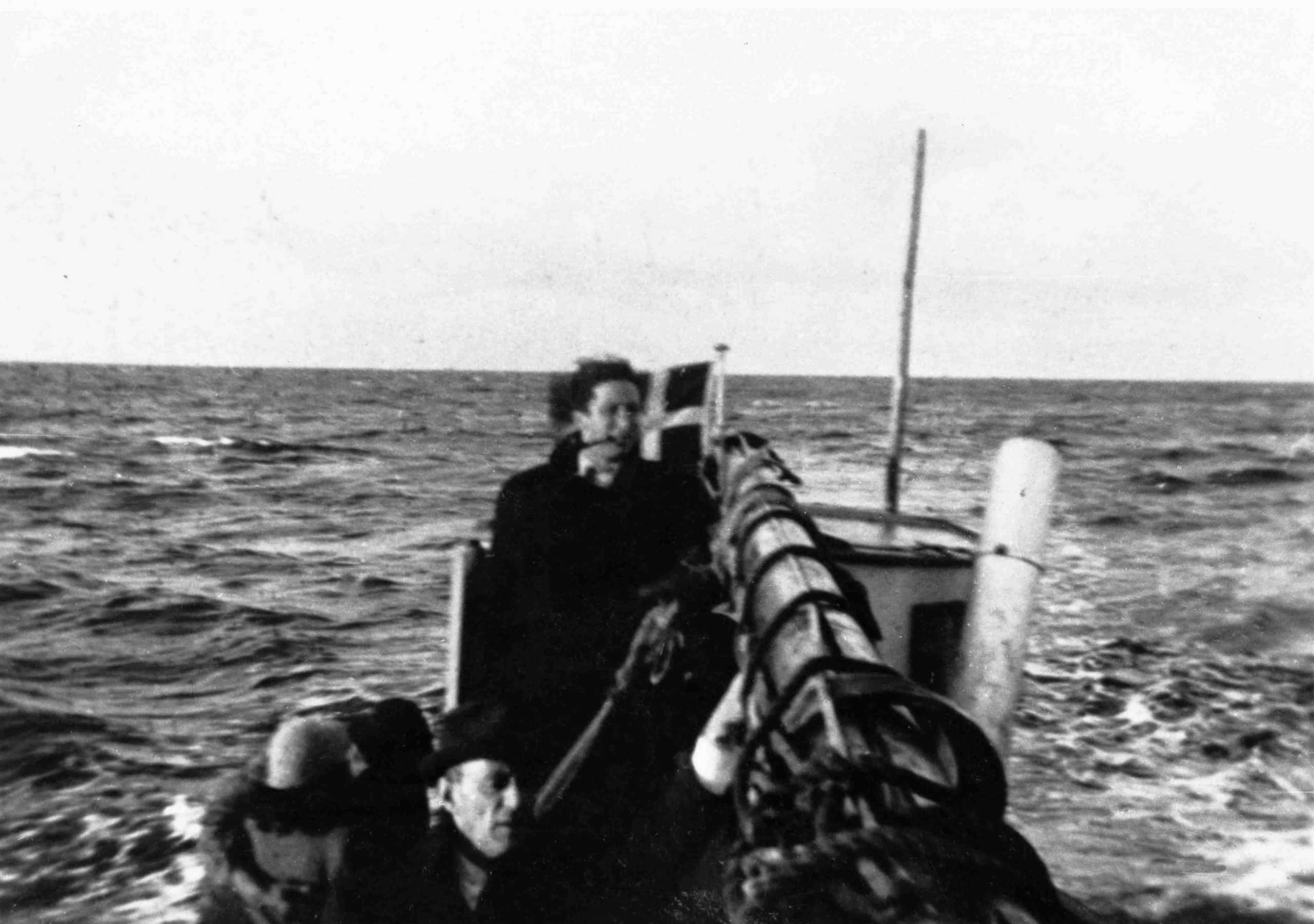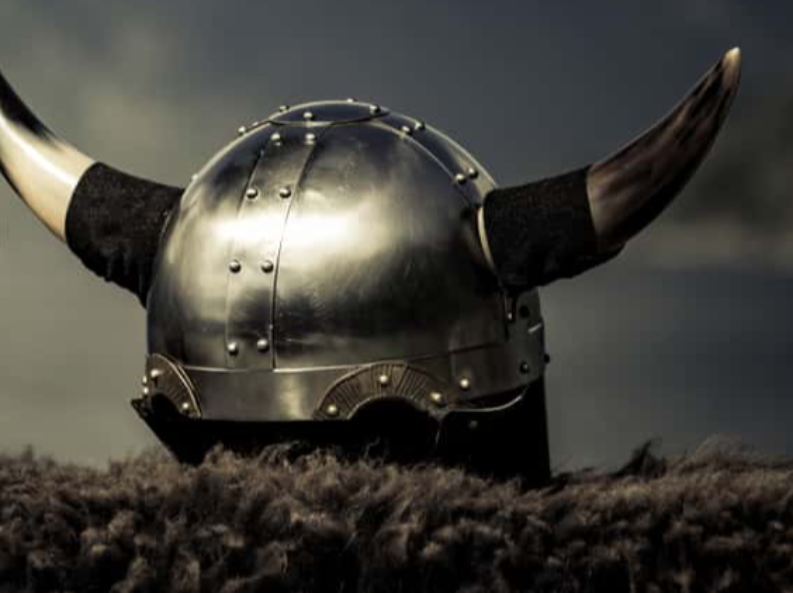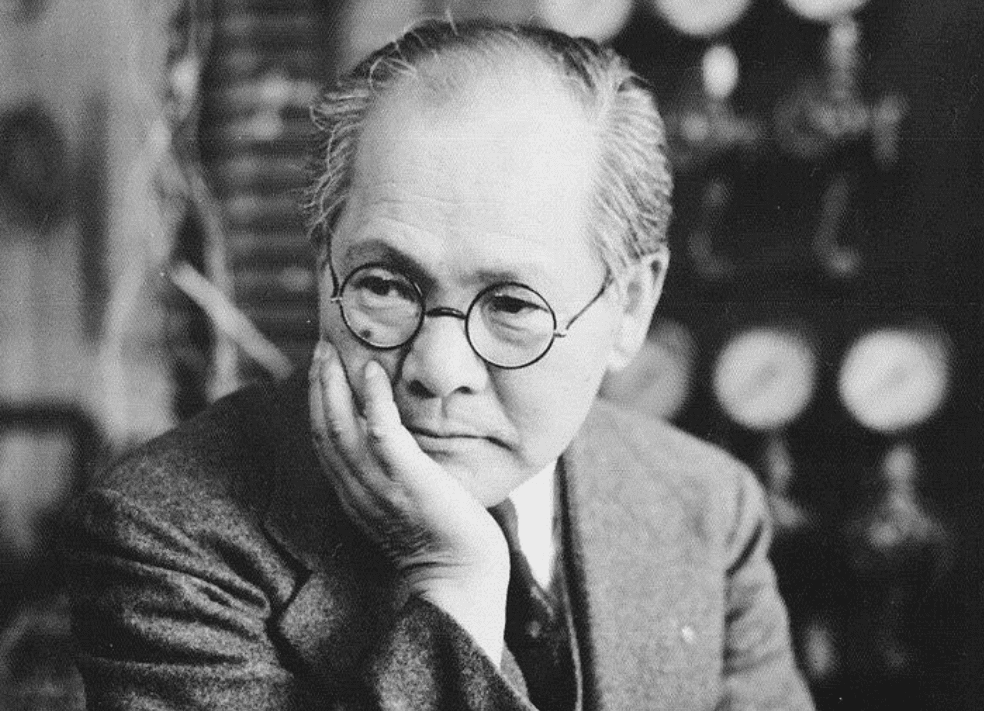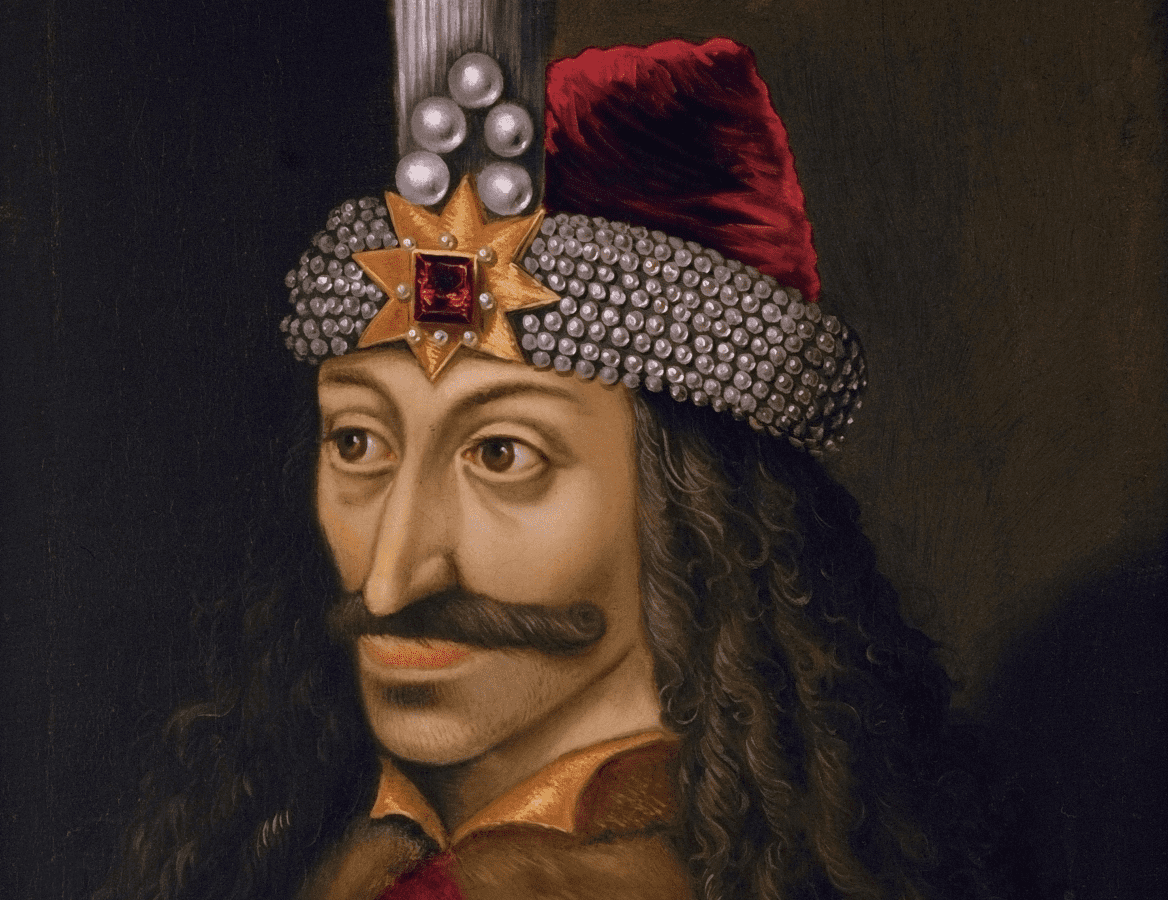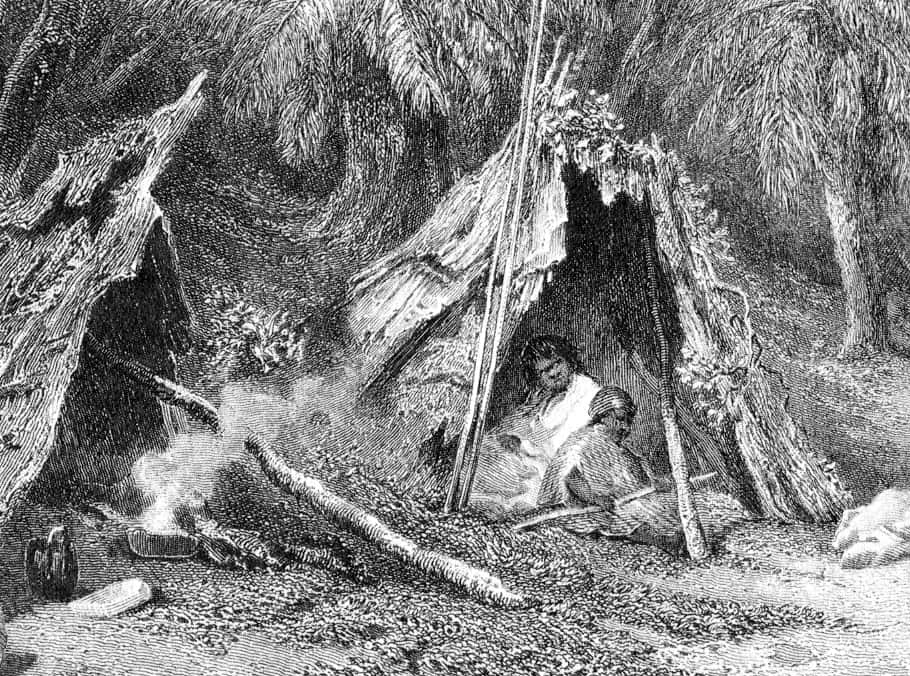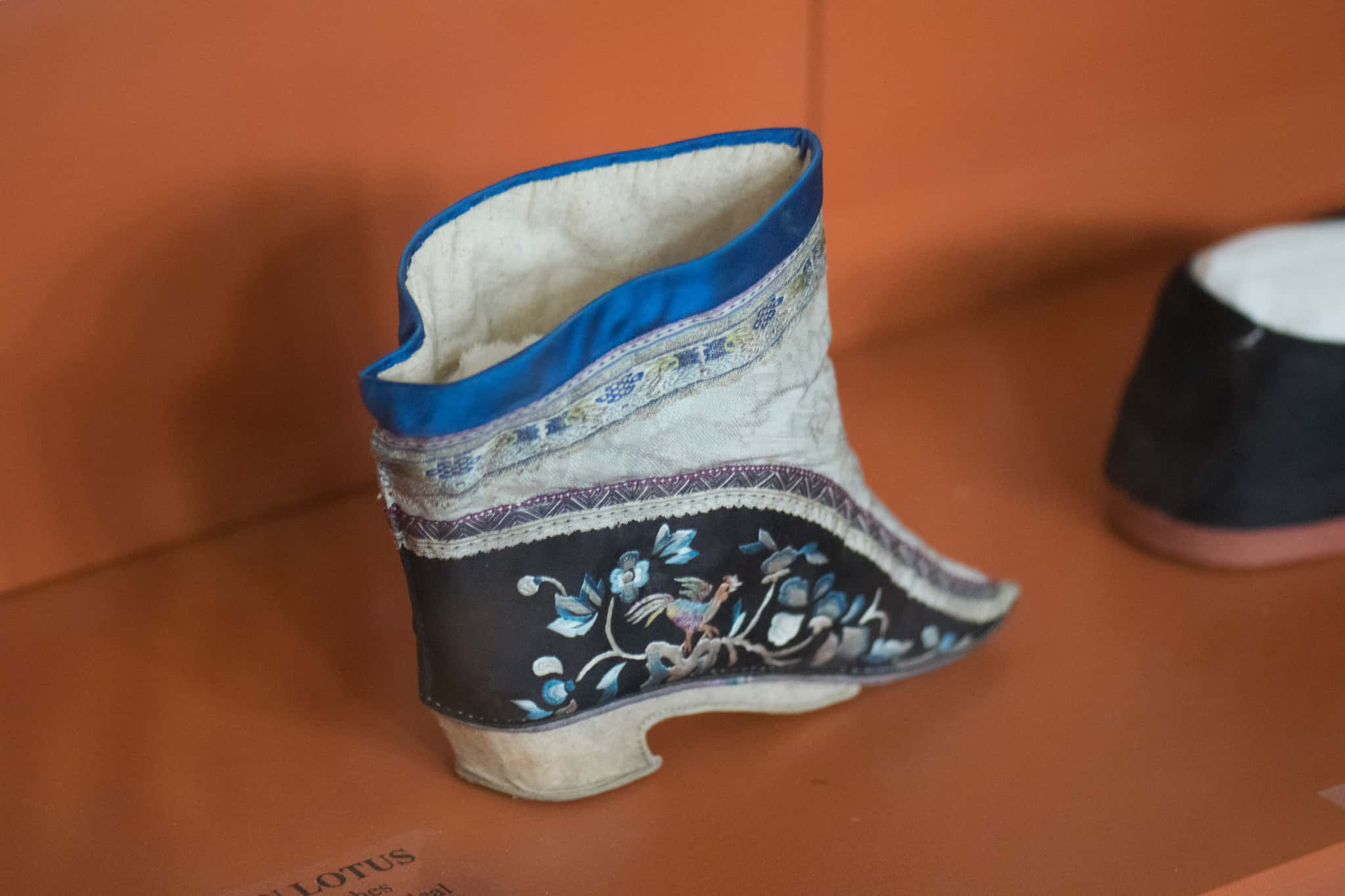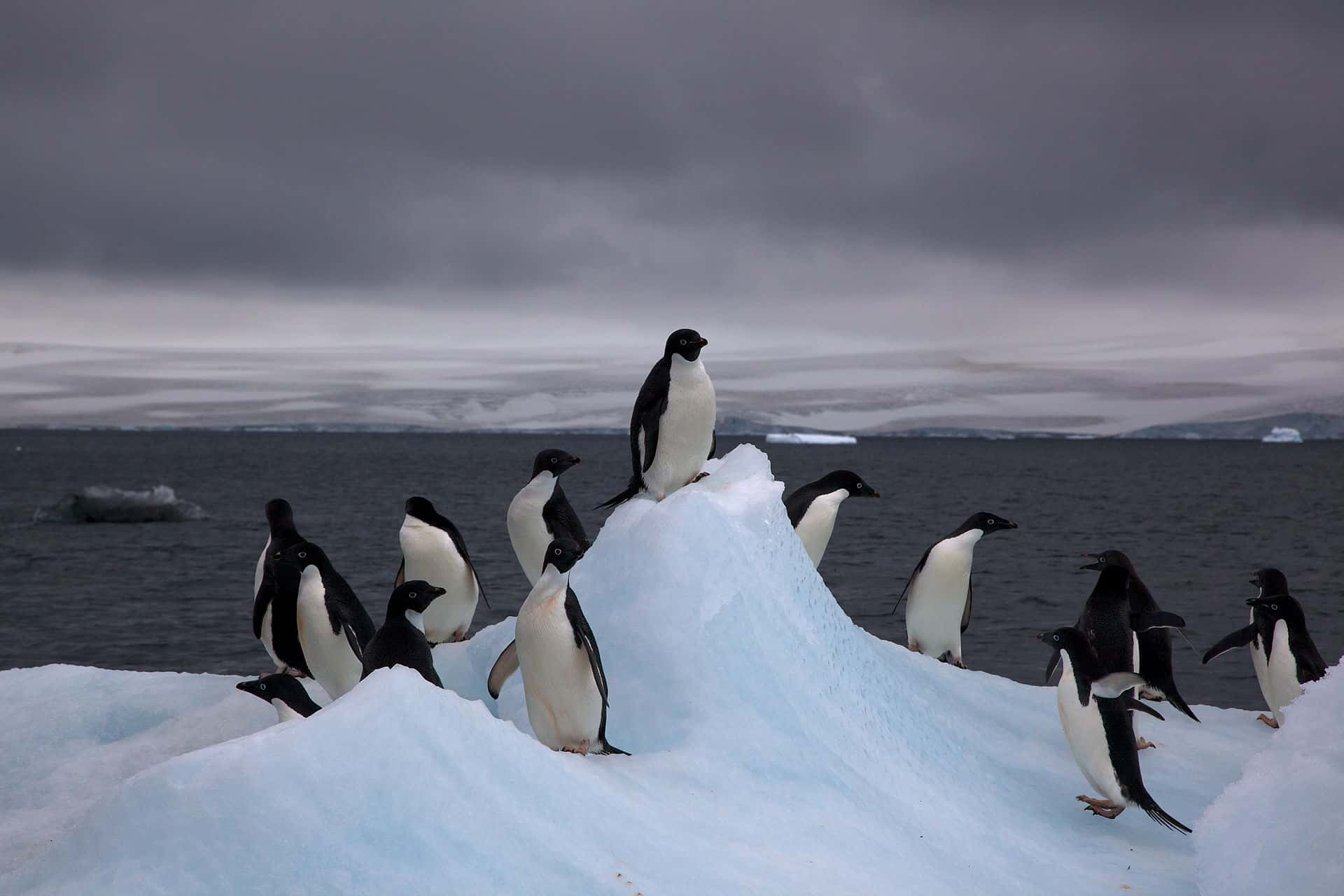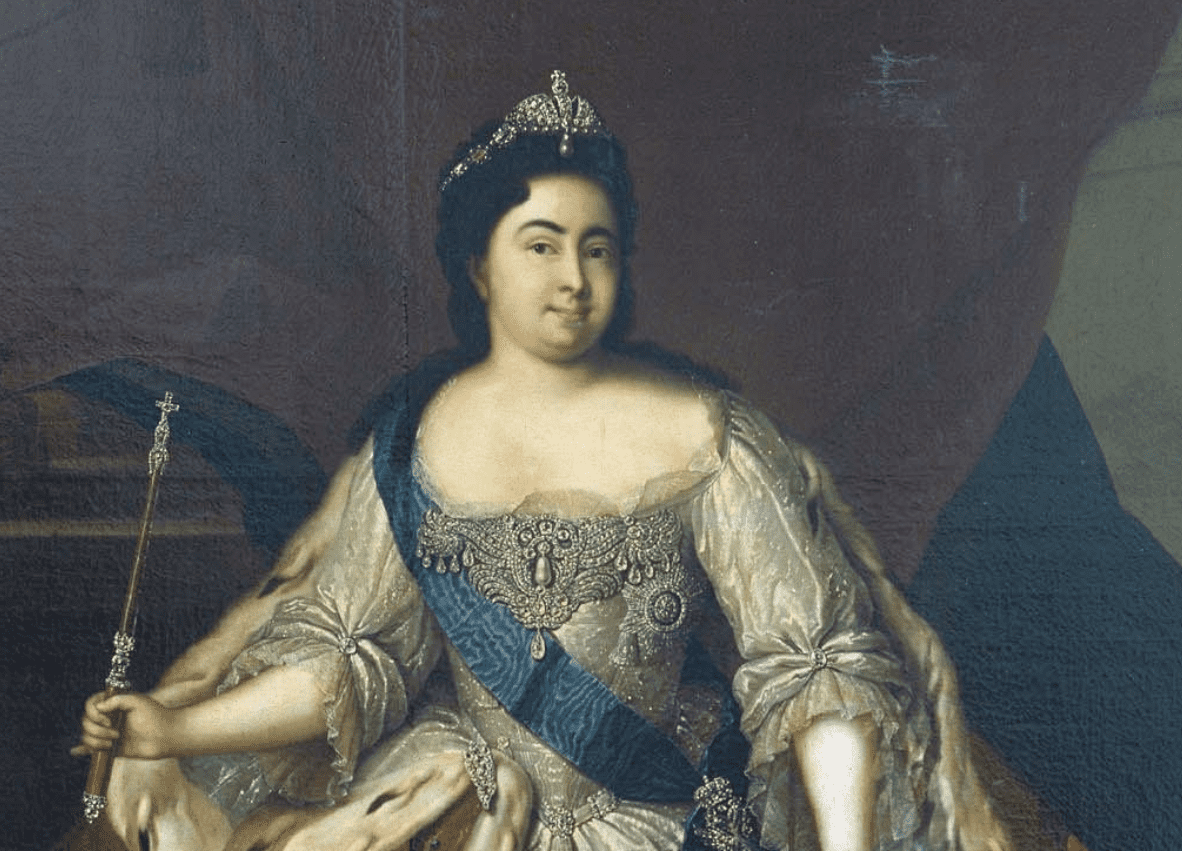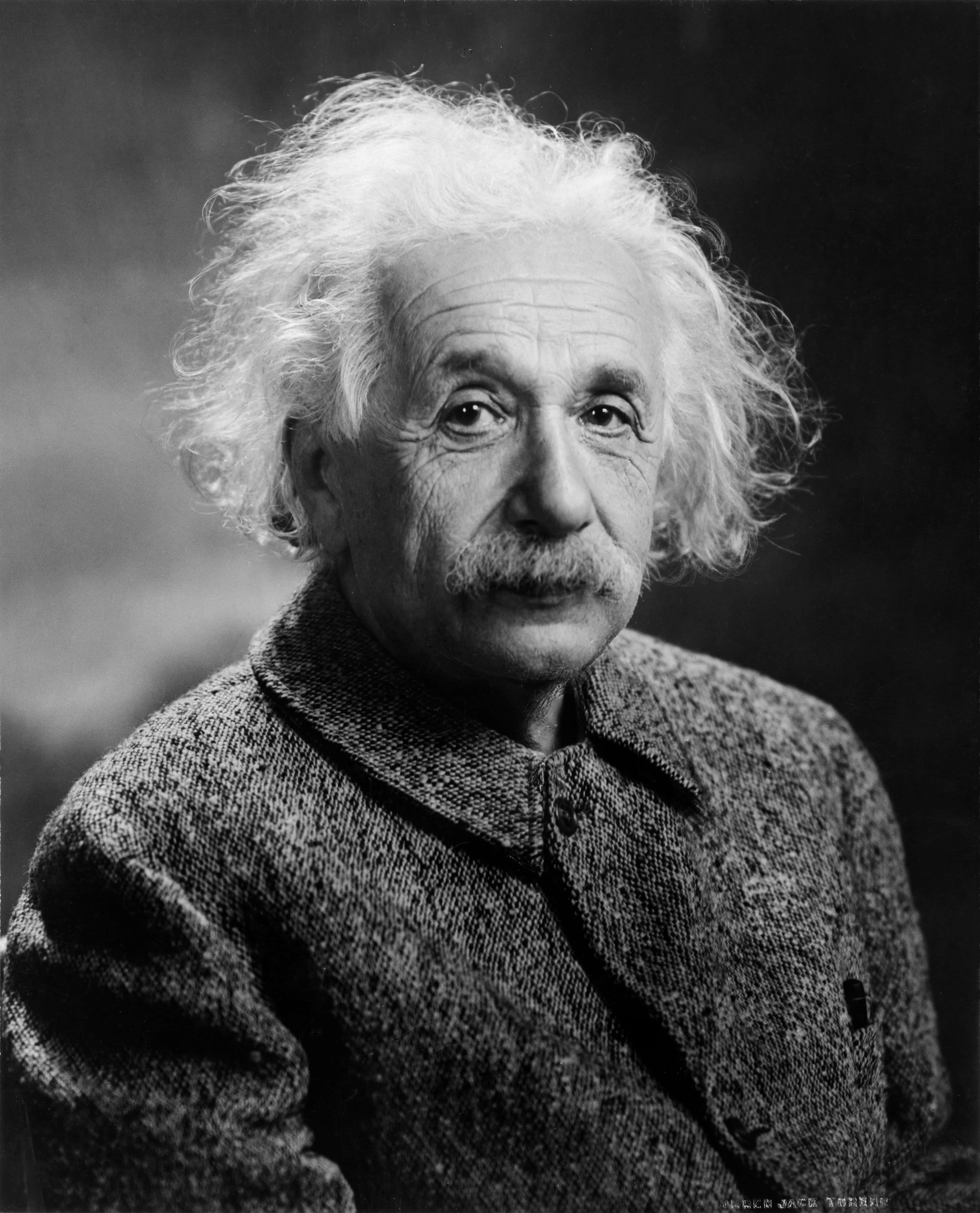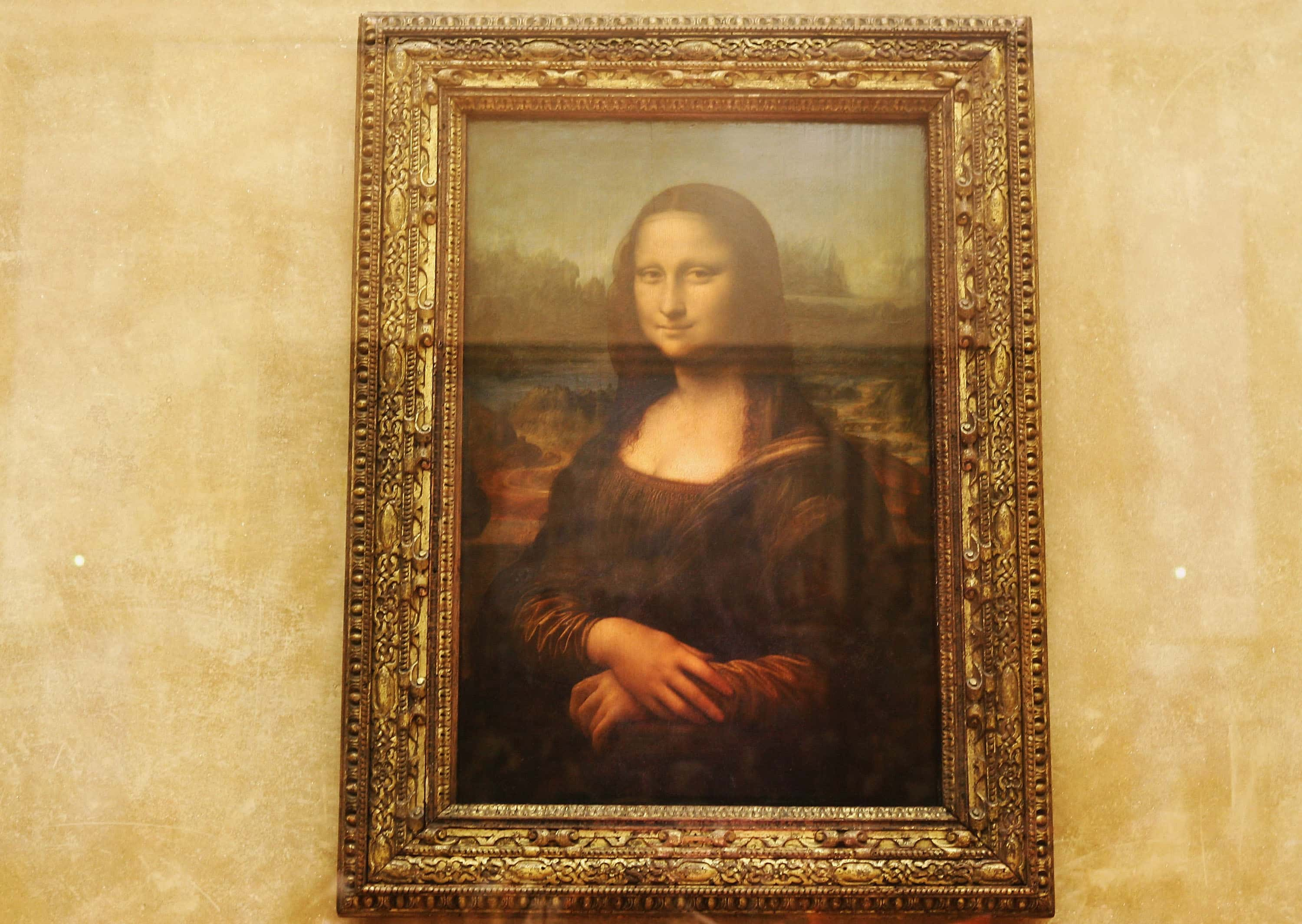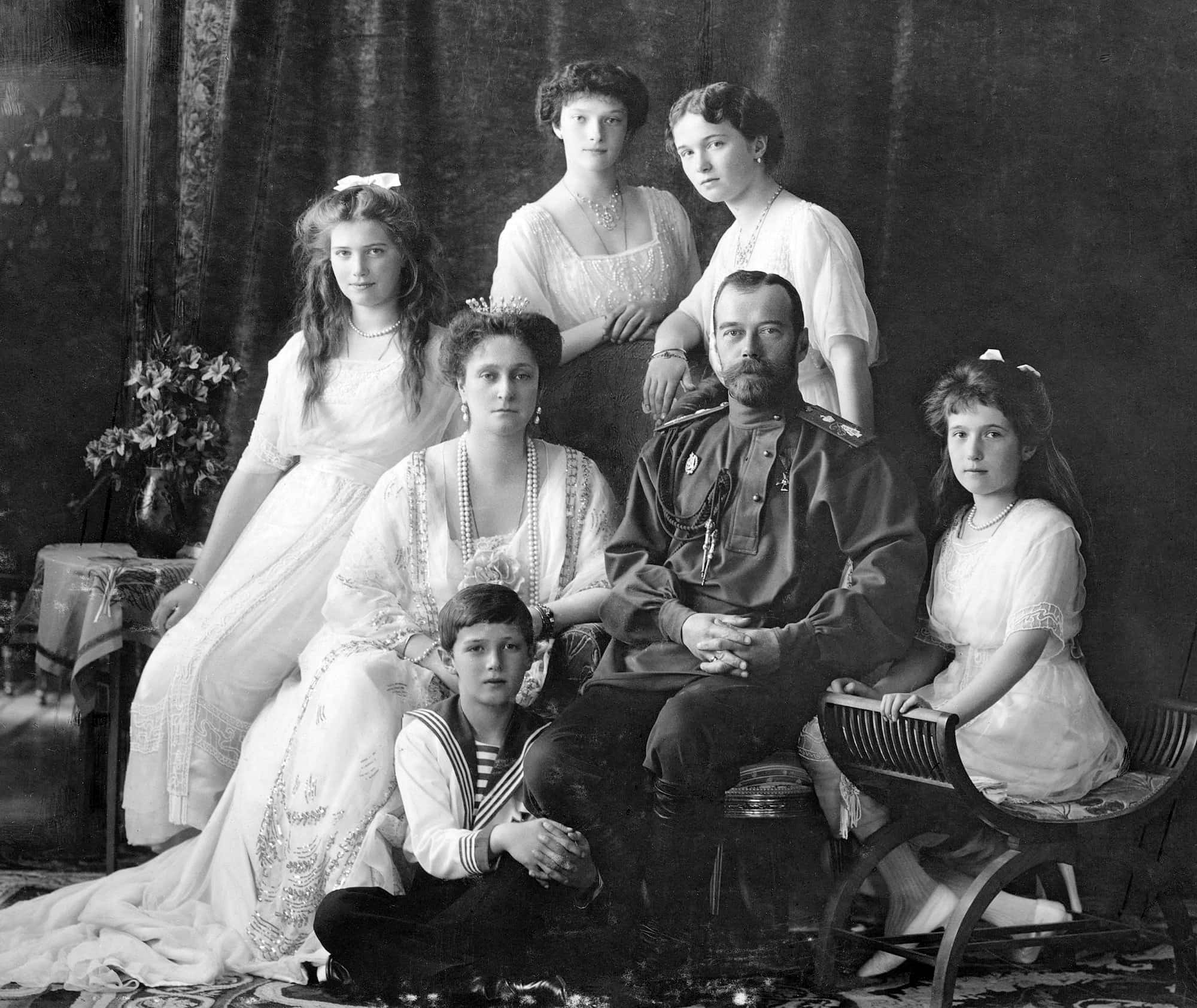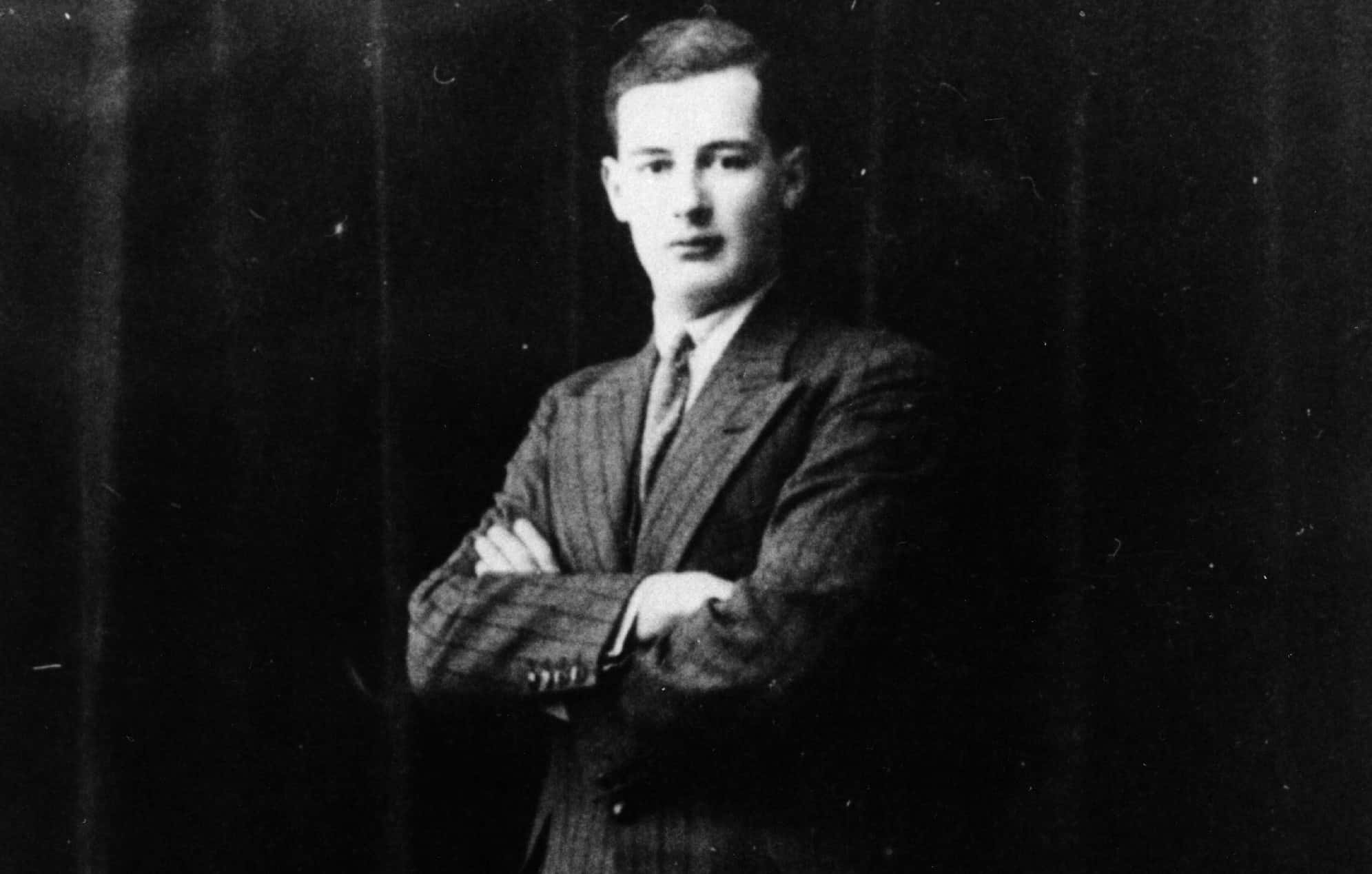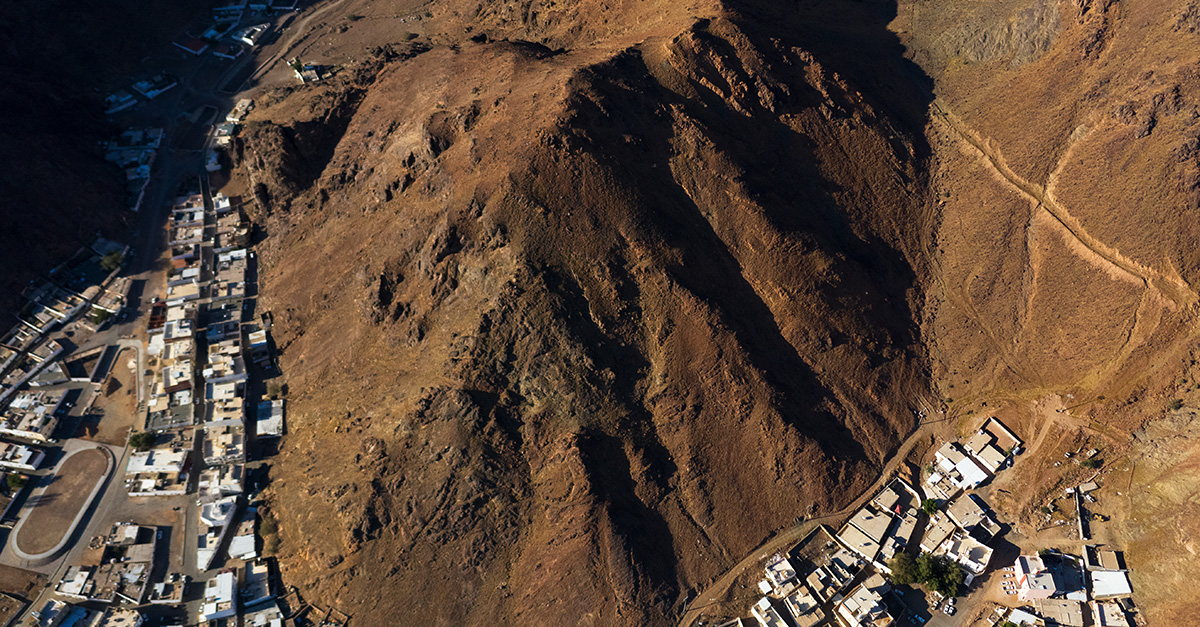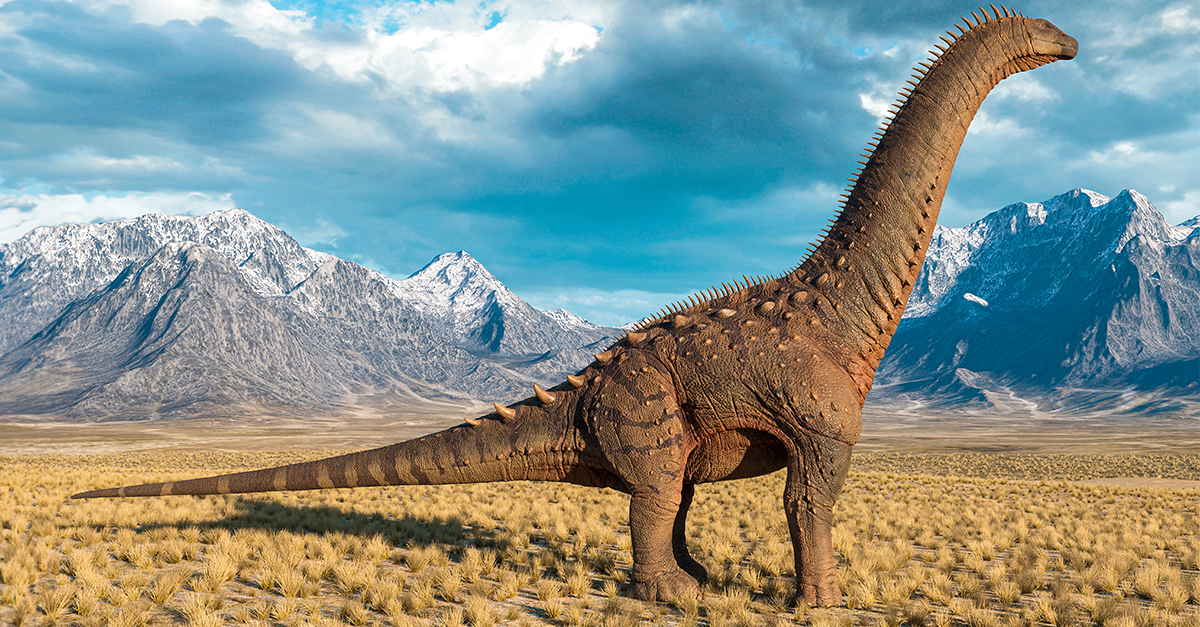“There is nothing new in the world except the history you do not know,” said Harry Truman, 33rd president of the United States. With that in mind, here is a list of 42 facts about the history of the world and its remarkable people, from ancient times to the 21st Century.
1. Think Again
Scholars have long believed that the origin of the human species began in the Great Rift Valley of East Africa about 200,000 years ago. However, recent radiometric dating tests have determined that a homo sapiens skull found in the Jebel Irhoud cave in Morocco is at least 100,000 years older than that. Further archaeological exploration of the Moroccan cave uncovered bones from at least five other individuals, along with tools they had used, turning previous ideas about human history on their head.
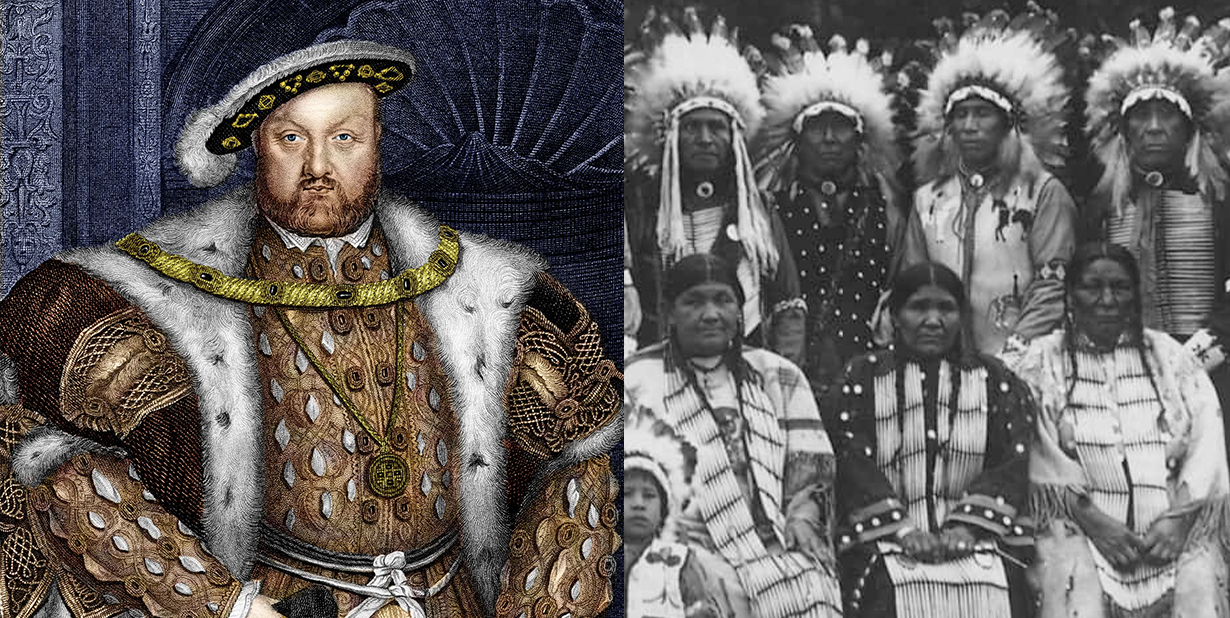
2. Just Say No
The first known conscientious objector in history was the Roman soldier Maximilianus, a Christian, who in 295 proclaimed that his religious faith impeded him from participating in battles or conflicts. He was executed and later canonized as a saint of the Catholic Church. In 1995, the United Nations Commission on Human Rights issued a resolution, preserving the rights of conscientious objectors to abstain from participating in armed forces service. May 15 is celebrated internationally as Conscientious Objectors Day.
3. Off with Their Heads
The guillotine, which gained widespread use during the French Revolution in the 18th century, continued to be an accepted method of execution in the country up until the prohibition of capital punishment in 1981. The last person to be executed by guillotine in France was a Tunisian farm worker, found guilty of carrying out heinous acts and causing a fatality, who was beheaded in 1977. Since then, there have been no further sanctioned executions in France or in the European Union as a whole.
 Isidore Stanislas Helman, Wikimedia Commons
Isidore Stanislas Helman, Wikimedia Commons
4. Vetting the Vets
Young Calvin Graham broke the law when he enlisted in the U.S. Navy at the age of 12. He later became known as the youngest American veteran of WWII. It was only after he was wounded in a Japanese attack on the U.S. South Dakota during the Naval Battle of Guadalcanal in 1942 that the truth about the young seaman’s age was discovered. Back in civilian life, Graham fought a unique kind of battle to finally acquire the same benefits as any other veteran, consistent with the law.
5. Big Man in Town
Famed wife killer Henry VIII was definitely larger than life. Suits of armor worn by the king indicate rapid and dramatic expansion of his waistline from year to year. When his life ended in 1547, he weighed almost 400 pounds.
6. Lovers of Peace
Notorious dictators and mass murderers Adolph H., Benito Mussolini, and Joseph Stalin were all nominated for the Nobel Peace Prize at different times. Swedish Parliamentarian E.G.C. Brandt proposed Adolph H. name in 1939. Stalin was nominated in both 1945 and 1948 for his purported efforts to end WWII, and several European professors endorsed Mussolini in 1935.
7. Righteous Revolt
The Haitian revolution was not only history’s most successful revolt by slaves against oppressors, it was also the only one which resulted in liberation and the creation of a new, independent nation. From 1791 to 1803, slaves and runaways, who outnumbered French captors by ten to one, engaged in a campaign of intense resistance, raids, and pillage, which significantly contributed to the end of French colonial rule in the country.
8. The Lost Boys
The so-called “Children’s Crusade” of the 13th Century was more of a religious youth movement rather than an actual crusade, which would have required approval from the Pope Innocent III. The aspiration of the movement was to recover Holy Land from the Muslims, but that lofty goal was never reached and none of the adherents ever reached Jerusalem.
9. A Leg Up
Famed Mexican revolutionary General Antonio López de Santa Anna (1794-1876) was quite attached to his left leg. When it had to be amputated following a conflict with French forces in Mexico, Santa Anna had the limb buried with full ceremonial respects. The leg was encased in a crystal vase and interred beneath an imposing monument. Santa Anna would go on to have three different prosthetic legs, two of which were “captured” by American forces in different conflicts. Santa Anna’s third prosthetic leg can be viewed in the Museo Nacional de Historia in Mexico City.
10. Good Neighbors
Denmark was the only country in Europe that actively sought to protect its Jewish population during the hostile foreign occupation in the WWII era. In 1943, acting on word of imminent roundups, resisters arranged for a boat evacuation to Sweden. Of the approximately 7,800 Jews living in Denmark at the time, 7,220 were saved by this heroic action.
11. Not So Enthralling
Vikings didn’t really wear those horned helmets in which they are depicted nowadays, but they did engage in the abhorrent trade of slavery. Their captives, known as “thralls,” were mostly women and young men abducted on their rampages through Slavic, Celtic, and Anglo-Saxon settlements. This was a lucrative trade with ready buyers throughout the Middle East and Europe.
12. Family Guy
By his family’s standards Al Qaeda leader Osama bin Laden was unusually chaste. He is known to have had five wives and to have fathered about 24 children. His father, on the other hand, had 22 wives and an estimated 56 children.
13. Girl Power
In ancient Egypt, women had the same rights as men of their social class. They could work, earn money, and own and sell property. They could also bring grievances to the local courts of justice. Women could even rise to the rank of pharaoh. Hatshepsut, the most renowned female pharaoh, reigned successfully between 1478 and 1458 BC.
14. Nuclear Ambitions
During WWII, Japan initiated a nuclear arms project, overseen by physicist Yoshio Nishina, who had long been concerned about the potential development of such destructive technology by other nations. The Japanese scientists, however, determined that, in the short term, creating such a weapon would be too difficult for any country to accomplish.
15. Impaling by Comparison
Vlad the Impaler built his renown. In conflicts against the Ottomans while conducting the defense of Christian Europe in the 15th Century, the infamous conflict-time prince was known for impaling his enemies on stakes driven into the ground. In one particular battle in 1462, thousands of skewered victims were left behind on the field. It is estimated that as many as 20,000 Turks were impaled by the Transylvanian warrior's forces.
16. No Place like Home
Eunice Williams, a seven-year-old Massachusetts girl captured by the Kahnawake Mohawk Indians in 1707, refused to leave the tribe when found by her father. Other children abducted by Native Americans also preferred life with their captors over the harsh existence of Puritan society. On the other hand, Native American children raised by European settlers were often happy to return to their families.
17. Young Blood
Contrary to what many think, most of the young Americans who fought in the Vietnam Conflict were volunteers, not draftees. Only 25% of the men who fought in Vietnam between 1965 and 1973 were draftees.
18. Free People
Ethiopia is the only African country that was never officially colonized, although Italy maintained an occupying presence there in the wake of its second invasion in 1935. With the start of WWII and the help of Great Britain in 1941, Ethiopia finally got rid of the Italians. Liberia is sometimes cited as another Africa country that resisted colonization; however, Liberia was founded in 1821 by white Americans as a colony of repatriation for freed slaves and was not targeted for invasion or colonization.
19. The Written Word
The earliest form of written language derives from ancient Sumer in Mesopotamia and dates back to the late fourth millennium BC. Known as cuneiform, the system employed wedge-shaped marks, which were impressed into clay tablets with a reed. Cuneiform, which means “wedge-shaped,” was used and developed as a writing system for over 3,000 years. Other forms of writing emerged in Egypt around 3100 BC and in China in about 1200 BC.
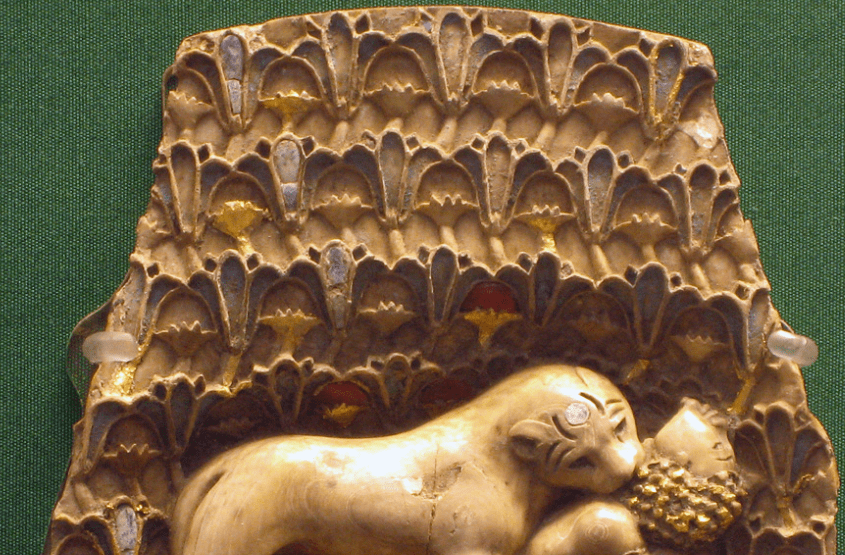 Wikipedia
Wikipedia
20. The Oldest on Earth
The first humans on the continent of Australia arrived about 45,000 to 50,000 years ago on boats, most likely from Asia by way of Southeast Asia. They came from two culturally distinct groups, now known as Aboriginal Australians and Torres Strait Islanders, but even within groups of Aboriginal Australians, there is great diversity in customs and language. In 2016, an international team of researchers conducted a genomic study, which revealed the Aborigines of Australia to be the oldest living civilization on earth.
21. Footnotes
The practice of foot binding began in China during the Song Dynasty (960-1279 AD), originally among the wealthy and elite classes. The aesthetic was purportedly inspired by the delicate feet of a court dancer named Yao Niang, who bound her own feet into the shape of a new moon. The practice, which inhibited women’s mobility, involved the breaking of the toes so they could be folded back and bound in tight cloth to reshape the foot. The ideal foot, known as a “golden lotus,” measured three inches in length. In the late 19th century Christian missionaries from the West discouraged the practice, and it was outlawed in the reign of The Republic of China (1911-1925). However, the practice was not wholly ended until the “Great Leap Forward” era of Mao Zedong (1958-1960).
22. A Sensitive Soul
Nero did not fiddle as Rome burned, despite the legend—in fact, he wasn’t even in town when the fire broke out. He was, however, a devoted and gifted musician with great skill at the cithara, a seven-stringed instrument not unlike a lyre but far more challenging to play. Known as citharoedes, masters of this instrument composed original music, which they also sang in performance. Nero perfected his art, and his compositions continued to persist beyond his lifetime.
23. Talk about Bad Luck
The mass extermination of cats on the orders of Pope Gregory may have contributed to the spreading of the Black Plague, which was caused by fleas that had bitten infected rats. Though characterized by the Pope as animals of the devil, cats had done a service by the keeping Europe’s rat population down. Over 50 million people succumbed to the Bubonic Plague during the 14th Century; this was 60 percent of the population of Europe.
24. Taking the Prize
Pol Pot of Cambodia, Saddam Hussein of Iraq, and Kim Il Sung of North Korea are responsible for the deaths of millions. However, the combined fatalities of these leaders do not compare to the mortality rate under just one of the modern world's most brutal dictators: Adolf H., Joseph Stalin, and Mao Zedong. 17 to 20 million people tragically lost their lives under Adolf H. during the Holocaust. 40 to 50 million people were annihilated in Soviet gulags, and Mao Zedong presided over the deaths of 45 to 70 million people in China.
25. Cold Facts
In the first century AD Greco-Roman astronomer and mathematician Ptolemy theorized the existence of a continent at the earth’s southern tip, but not until the early 20th Century did the first human explorers reach the South Pole. Norwegian explorer Roald Amundsen and British explorer Robert F. Scott, in a race to reach the Pole first, both arrived in the Bay of Whales in Antarctica to set up camp. However, it was Amundsen’s team of men and sleigh dogs which won the challenge on December 14, 1911. Scott and his four team members perished as they attempted to return to their base.
26. If Looks Could Be Lethal
The religious harvest festival of Thargelia was celebrated each year in ancient Athens in homage to Apollo and Artemis. As part of the purification process, two of the ugliest citizens were chosen to be scapegoats. Known as pharmakoi, the victims were marched through the streets and whipped with branches before being driven from the city. Sometimes, based on the degree of assistance required from the deities, the pharmakoi were pelted with stones and cast into the sea, ending their mortal existence.
27. Do Not Enter
The Forbidden City, located in modern-day Beijing, is the world’s largest palace complex. The city covers 178 acres and is composed of 90 palaces and a total of 980 buildings. Built between 1406 and 1420 AD during the Ming Dynasty, the Forbidden City was designed as a home and fortress for the Emperor. It's surrounded by 26 foot high walls and a moat that is 170 feet wide. The city received its name because commoners were not allowed to enter the premises. Any commoner who laid eyes on the Emperor was instantly executed.
28. Man of the People
After divorcing his first wife and sending her to a convent, Czar Peter the Great took up with Marta Skavronska, who was his friend’s servant. They were married in 1712 and had eleven children together, five of whom were born before the ceremony. Marta, who had changed her name to Catherine, was crowned Empress in 1724.
29. Appeasing the Gods
Ancient Aztecs celebrants used four altars during the four-day dedication of the Templo Mayor in Tenochtitlan in 1487, according to scholars. It is estimated that more than 4,000 prisoners were sacrificed during the ceremony, their abdomens sliced open and their beating hearts plucked out and held aloft in homage to the gods. The ruins of the Templo Mayor can be found in a central area of modern day Mexico City.
30. Sad Truth
Abraham Lincoln, Winston Churchill, and Martin Luther King all suffered from depression. Churchill described his depression as "the black dog," and Martin Luther King tried to take his own life twice during his youth following the loss of his grandmother.
31. Fallout
The Chernobyl nuclear disaster, which occurred in 1986 at a power plant outside the Ukrainian town of Pripyat, emitted 200 times more radiation than the combined catastrophic events in Nagasaki and Hiroshima. Nuclear rainfalls were recorded in countries as distant as Ireland. So intense was the radiation output that the brown eyes of a firefighter called to the scene allegedly turned blue.
32. Thanks but No Thanks
In 1952 famed theoretical physicist Albert Einstein was offered the presidency of the state of Israel. The position is largely symbolic and has sometimes been held by notable people outside the world of politics. Einstein respectfully declined, alluding to his possession of a very different skill set.
33. The Midas Touch
Considering adjustments for inflation, the richest human being of all time was the king of Timbuktu, Mansa Musa (1280-1337), who dealt in gold production and surrounded himself with objects made of the glittering mineral. His adjusted net worth would amount to US$400 billion. Compare this to the fortune of Amazon CEO Jeff Bezos, which comes in at US$105.1 billion or to Microsoft founder Bill Gates, whose worth is estimated to be US$91.8 billion.
34. Stolen Smile
One of history’s most famous works of art, the “Mona Lisa” by Leonardo DaVinci, was stolen from the Louvre Museum in Paris in 1911. The perpetrator was Vincenzo Peruggia, a one-time employee of the museum, who simply removed the work of art from the wall and hid it under his clothes. Peruggia was jailed for six months but was praised by some in his home country of Italy.
35. Party On!
While the celebration of Mardi Gras has roots in the Roman festivals of Saturnalia and Lupercalia, many historians claim that the first Mardi Gras on American soil took place on March 3, 1699 when French explorers d’Iberville and de Bienville landed in what is today’s Louisiana. Their initial celebration on the place they named Point du Mardi Gras soon grew into an annual festivity marked by masked balls, extravagant dinners and dancing in the streets.
36. Born to Rule
Though a number of infants and children have been crowned king of their country during the course of history, the Persian King Shah Shapur II of the Sassanid Empire was crowned in 309 before he was even born, according to Iranian legend. King Hormizd II, father of the expected child, is no longer alive, and his crown was ceremonially placed on his widow's abdomen to signify succession. Shah Shaput II grew up to be a powerful and effective ruler, who routed the Christians from the Middle East in the 4th Century.
37. Nice Try
When renowned Cuban revolutionary Fidel Castro departed this life in 2016 at the age of 90, he had outlived ten United States presidents. He had also endured, based on his own narratives, 634 attempts on his life or attempts to cause serious injury, many of which were planned by the American CIA. One plot involved an exploding cigar. Another proposed to douse his scuba diving suit with a fungus. They also plotted to plant explosives in a brightly painted seashell to lure him while he was diving. Other ideas involved a pen outfitted with a hypodermic needle, treachery at the hands of a beautiful lover, the spraying of his broadcasting studio with hallucinogens, and the coating his shoes with thallium salts to make his hair fall out.
38. First Class
The University of Al-Karaouine, located in Fez, Morocco, is the oldest, continually operating institute of higher learning in the world. It is also the first university to confer academic degrees. Originally a community mosque, it was founded in 859 AD by Fatima al-Fihri.
39. Making Waves
The oldest continuously awarded trophy and the longest winning streak in sports history both belong to the sport of sailing. The trophy is known as the America’s Cup although the international sailing yacht competition was actually started in England in 1851 by the Royal Yacht Squadron. The inaugural race around the Isle of Wight was won by the crew of the 300-metre (100 foot) schooner America, and the elegant silver trophy was thereafter known as the America’s Cup. In history’s longest winning streak, the cup was successfully defended by American crews for over a century until 1983 when the Australians took the championship.
40. Royal Blood
Hemophilia became a scourge in royal families of Europe in the 19th Century, as the male heirs of Queen Victoria married and transmitted the genetic disease. The thrones of Britain, Spain, Germany and Russia were impacted by the affliction. Recent DNA analysis of the bones of members of the Romanov family indicates the presence of the rarer form, hemophilia B. Prince Waldemar of Prussia, who was the last family member to carry the disease, left us in 1945.
41. Deep Diver
Celebrated French underwater explorer and inventor of the Aqua-Lung, the first breathing apparatus for scuba diving, Jacques Cousteau was also a hero of the French Resistance movement. He was awarded the French Legion of Honor medal, among other tributes, for his work spying on Italian forces. His book The Silent World, written in 1953, was made into an acclaimed film.
42. Missing in Action
The fate of one of modern history’s greatest heroes, Raoul Wallenberg, has never been confirmed. The Swedish businessman and diplomat was responsible for saving an estimated 100,000 Hungarian Jews from certain extermination by the Nazis. Wallenberg, then his country's Ambassador to Hungary, issued Swedish passports, placed people in safe houses, and persuaded German officials when possible. Captured by Soviet forces in 1945, apparently on suspicion of spying for the United States, he was never heard from again. Soviet reports asserted that he succumbed to a heart attack while incarcerated in 1947; however, there were accounts of him being spotted in hospitals and detention centers following that year.
Sources: 1, 2, 3, 4, 5, 6, 7, 8, 9, 10, 11, 12, 13, 14, 15, 16, 17, 18, 19, 20, 21, 22, 23, 24, 25, 26, 27, 28, 29, 30, 31, 32, 33, 34, 35, 36, 37, 38, 39, 40, 41, 42, 43, 44, 45, 46, 47, 48, 49, 50, 51, 52, 53, 54, 55, 56, 57, 58, 59, 60, 61, 62, 63, 64, 65, 66, 67, 68, 69, 70, 71, 72, 73, 74, 75, 76, 77, 78, 79, 80, 81, 82, 83, 84, 85, 86, 87, 88, 89, 90, 91, 92, 93, 94, 95, 96, 97, 98





